Understanding how payments work in Egypt is crucial for any traveler looking to explore the country. From currency exchange to tipping etiquette, mobile payments, and handling service charges, knowing what to expect will help you navigate financial transactions with ease. This guide offers insights into the payment methods commonly used in Egypt, providing helpful tips on managing money while you travel—from handling cash in local markets to using credit cards in more upscale establishments. Whether you’re enjoying the vibrant streets of Cairo or relaxing at a resort in Sharm El Sheikh, this guide ensures you’re well-prepared for your financial transactions throughout your Egyptian adventure.
- Egypt Tour Magic
- Egypt Tour Packages
- Excursions in Egypt
- Cairo Tours and Excursions
- Hurghada Tours and Excursions
- Soma Bay Tours and Excursions
- Makadi Bay Tours and Excursions
- Sahl Hasheesh Tours and Excursions
- El Gouna Tours and Excursions
- Marsa Alam Tours and Excursions
- Port Ghalib Tours and Excursions
- El Quseir Tours and Excursions
- Dendera and Abydos Day Tours
- Aswan Tours and Excursions
- Luxor Tours and Excursions
- Alexandria Tours and Excursions
- Sharm El Sheikh Tours and Excursions
- Top Rated Tours in 2025
- Optional Excursions in Egypt
- Private Transfer
- Blogs About egypt
- Ancient Egypt
- What You Need To know Before Your First Trip To Egypt
- Best Places to Visit in Egypt 2025
- Top Attractions in Red Sea Resorts 2025
- Top 10 Tourist Activities in Egypt
- Top 30 Activities You Can’t Miss in Egypt
- The Guide to Guided Tours in Egypt
- Egypt’s Ancient and Modern History
- The Nile River
- The Deserts of Egypt
- Historical Sites in Egypt
- Cairo
- Alexandria
- Luxor
- Aswan
- The Red Sea
- Dendera Temple
- El Fayoum Oasis
- Bahariya Oasis
- Siwa Oasis
- Al Alamein
- Marsa Matruh
- Ancient Egyptian gods
- famous Egyptian dishes
- UNESCO World Heritage sites
- About Us
- Why Egypt Tour Magic
- Egypt Tour Magic
- Egypt Tour Packages
- Excursions in Egypt
- Cairo Tours and Excursions
- Hurghada Tours and Excursions
- Soma Bay Tours and Excursions
- Makadi Bay Tours and Excursions
- Sahl Hasheesh Tours and Excursions
- El Gouna Tours and Excursions
- Marsa Alam Tours and Excursions
- Port Ghalib Tours and Excursions
- El Quseir Tours and Excursions
- Dendera and Abydos Day Tours
- Aswan Tours and Excursions
- Luxor Tours and Excursions
- Alexandria Tours and Excursions
- Sharm El Sheikh Tours and Excursions
- Top Rated Tours in 2025
- Optional Excursions in Egypt
- Private Transfer
- Blogs About egypt
- Ancient Egypt
- What You Need To know Before Your First Trip To Egypt
- Best Places to Visit in Egypt 2025
- Top Attractions in Red Sea Resorts 2025
- Top 10 Tourist Activities in Egypt
- Top 30 Activities You Can’t Miss in Egypt
- The Guide to Guided Tours in Egypt
- Egypt’s Ancient and Modern History
- The Nile River
- The Deserts of Egypt
- Historical Sites in Egypt
- Cairo
- Alexandria
- Luxor
- Aswan
- The Red Sea
- Dendera Temple
- El Fayoum Oasis
- Bahariya Oasis
- Siwa Oasis
- Al Alamein
- Marsa Matruh
- Ancient Egyptian gods
- famous Egyptian dishes
- UNESCO World Heritage sites
- About Us
- Why Egypt Tour Magic
What to Expect When Paying in Egypt: A Comprehensive Guide for Travelers
1. Currency and Exchange Rates
The official currency of Egypt is the Egyptian Pound (EGP), and it’s essential to use the local currency when making payments, especially in smaller shops, local markets, or for transportation. While many businesses in popular tourist areas might accept foreign currencies such as U.S. dollars or Euros, it's generally advisable to use Egyptian pounds. Before you arrive, it's a good idea to exchange your currency at a local bank or currency exchange office, or withdraw Egyptian pounds from an ATM upon arrival at the airport. ATMs are widely available in major cities and tourist spots. Keep in mind that some places, especially outside big cities, may not accept credit or debit cards, so it’s best to always carry some cash for smaller purchases or in more remote areas. The exchange rate can fluctuate, so always double-check the current rate before exchanging large sums of money to avoid unfavorable conversions. It's also worth noting that larger businesses, hotels, or international brands may accept foreign currencies, but the exchange rate they offer might not be as favorable as what you'd get from a local bank or exchange office.
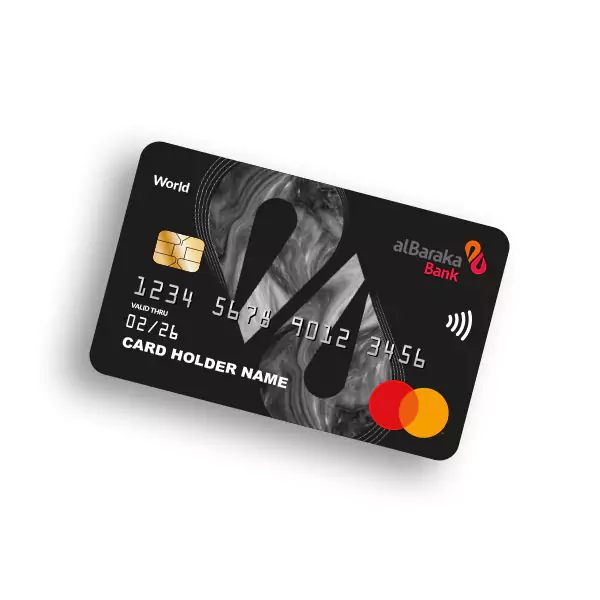
2. Credit and Debit Cards
Credit and debit cards are widely accepted at many hotels, larger restaurants, and shops, especially in major cities like Cairo and Alexandria. Visa and MasterCard are the most commonly accepted card types, while American Express may be less widely accepted. However, you should always check with the vendor or restaurant before assuming that your card will be accepted. Many smaller businesses, especially in more rural areas or local markets, may only accept cash. While using cards is convenient, it’s a good idea to carry some cash as a backup. For smaller payments, such as taxi fares, small items from street vendors, or local cafes, cash will be necessary. Also, be aware that some places may add a service charge or a foreign transaction fee when using a card, particularly if the transaction is in foreign currency. If you're planning to use a credit card, be cautious about skimming devices or fraud. Always ensure you're using reputable businesses, especially when withdrawing cash at ATMs or making payments online. It’s best to avoid handing your card to someone else for processing if you’re unsure of the establishment’s security.
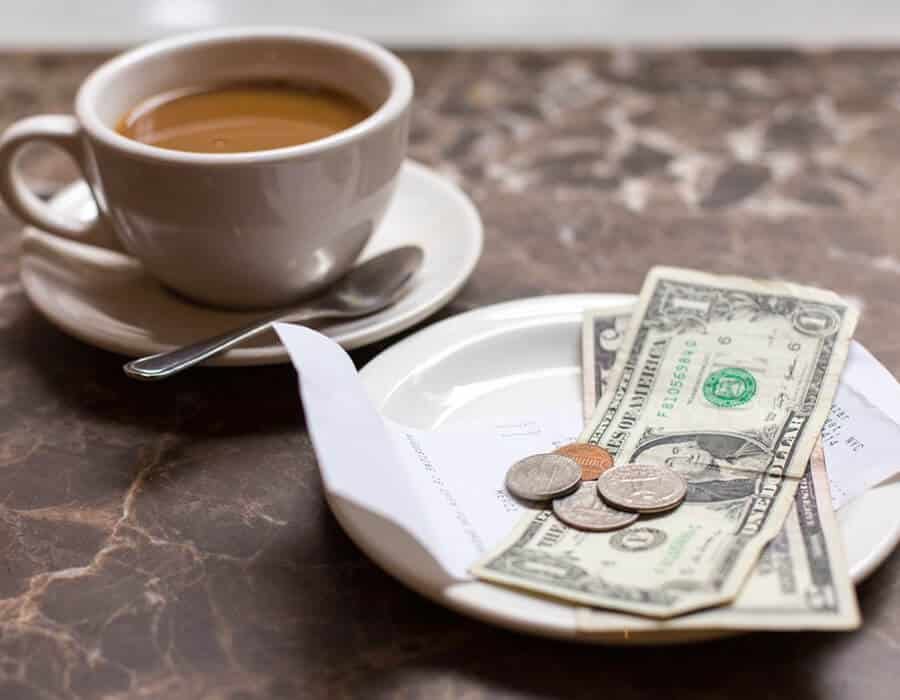
3. Tipping and Service Charges
Tipping, known as "baksheesh", is a common practice in Egypt and is expected in various situations, especially in tourist-heavy areas. In restaurants, it’s common to leave a tip of around 10-15% of the total bill, though this amount can vary based on the quality of service. In some places, a service charge of 12-15% may already be added to your bill, but it’s still appreciated to leave an additional tip for good service. Tipping is also customary for hotel staff, including porters and housekeeping. For example, hotel bellhops may expect a tip of around 5-10 EGP per bag, and housekeepers usually appreciate around 10-20 EGP per day. While these amounts may seem small, they can go a long way in showing appreciation for good service. When paying for things like taxis, it’s common to round up the fare or offer a small tip to the driver, even if the fare was reasonable. Local guides, drivers, or tour operators also appreciate tips for good service, so it’s always a good idea to have small bills or change on hand for these situations.
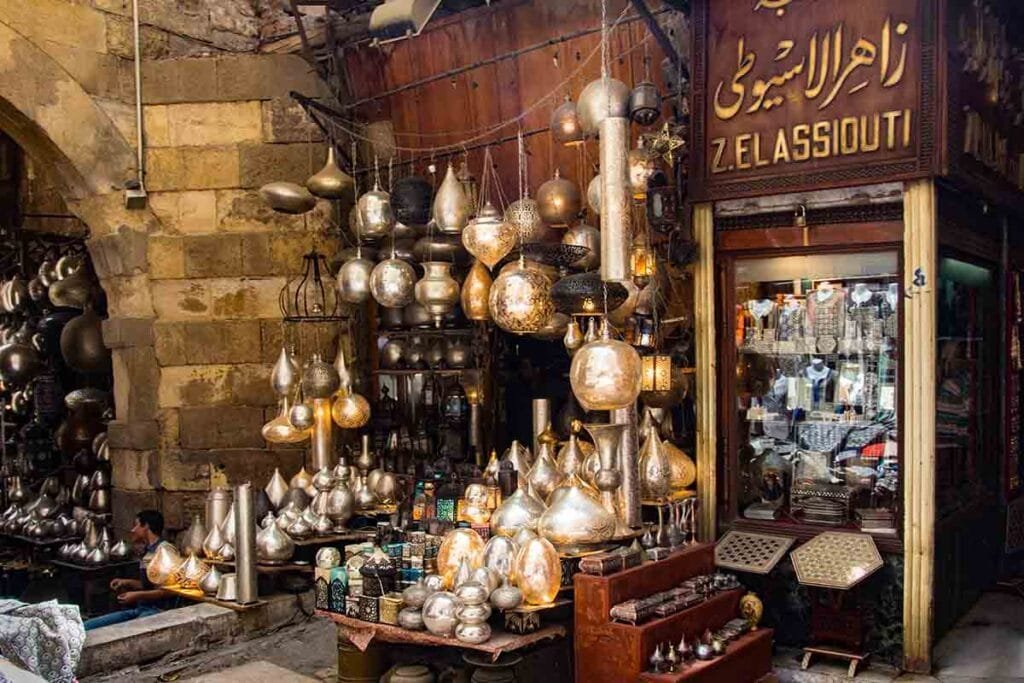
4. Bargaining and Negotiating Prices
In Egypt, bargaining is a common practice, especially in local markets, bazaars, and smaller shops. It’s not unusual to be offered a price that’s higher than the actual value of an item, and haggling is expected. However, the extent to which you can negotiate varies depending on the place, with major stores and larger establishments usually offering fixed prices. When shopping at local markets or street vendors, don’t be afraid to negotiate. Start with a lower offer (usually around half the initial price) and gradually increase your offer if needed. It’s important to remain polite and respectful during negotiations, as Egyptians take pride in their ability to bargain and might find it amusing. Patience and a smile go a long way during negotiations, and it’s always best to stick to your budget. Once you’ve agreed on a price, you can expect to pay in cash, as most vendors may not accept cards, particularly in markets or smaller shops. In tourist areas, prices are often inflated for tourists, so don’t hesitate to haggle to ensure you're paying a fair price. Similarly, for taxis, it's best to agree on the fare before starting the ride, or ensure the driver uses the meter to avoid being overcharged.
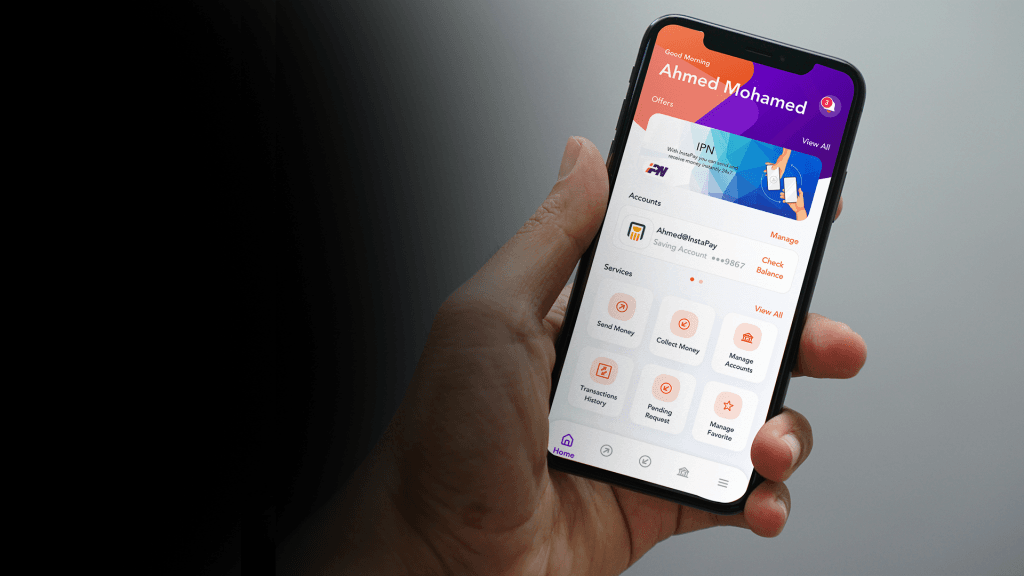
5. Mobile Payments and Digital Wallets
Mobile payments and digital wallets are gaining popularity in Egypt, particularly in urban areas. Services like Fawry and Orange Cash allow users to make payments via their mobile phones, and some large businesses accept digital payments through QR codes. However, these services are not as widely accepted as cash or cards, and you may still encounter cash-only situations, especially in smaller shops or rural areas. For tourists, using mobile payments may not always be feasible unless you have a local bank account or SIM card linked to an Egyptian payment service. As such, it’s best to stick to traditional payment methods like cash or cards unless you’re certain the place accepts mobile payments. Mobile payment services are also more likely to be used for paying bills, recharging mobile phones, or making online purchases rather than for in-person transactions at stores or restaurants. While digital payments are still emerging, they are growing in popularity, especially in tech-savvy areas like Cairo, and some shops or cafes may offer QR-code payments or digital payment options via apps like Apple Pay or Google Pay, but these are not yet widespread across the country.
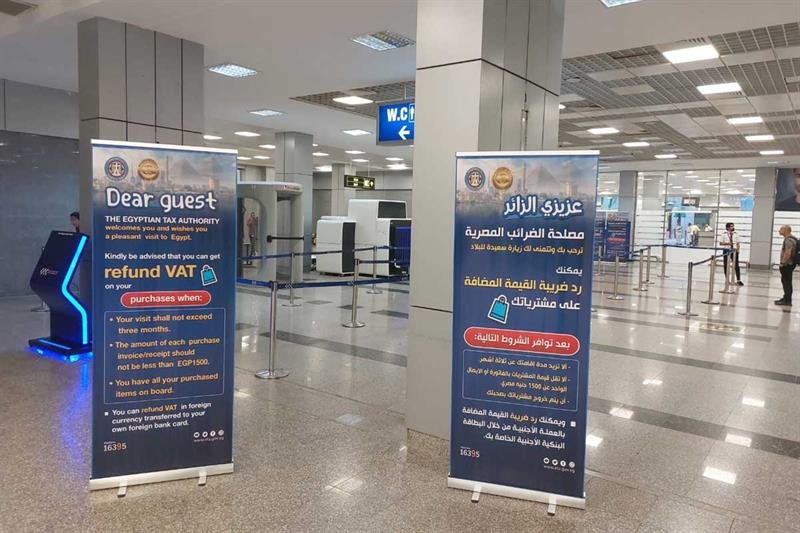
6. Value Added Tax (VAT) and Refunds
In Egypt, a Value Added Tax (VAT) of 14% is applied to most goods and services. This tax is included in the prices of many items, so you may not always see the VAT itemized separately. For visitors, tax-free shopping is available at some stores that cater to tourists. This allows you to claim a refund of the VAT on certain purchases when you leave the country. To be eligible for a VAT refund, you must meet specific criteria, including a minimum purchase amount, and you’ll need to complete paperwork and present the goods to customs at the airport when departing. The VAT refund process can take some time, so it’s important to keep receipts and understand the procedures before heading to the airport.
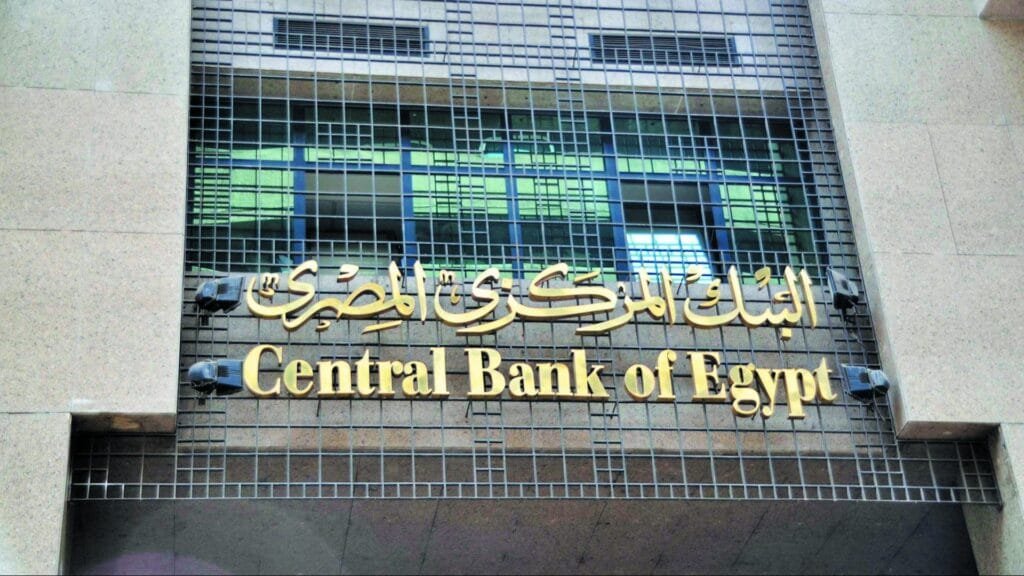
7. Foreign Currency and Exchange Tips
While most transactions in Egypt are conducted in Egyptian pounds, you may encounter situations where you want to pay in foreign currency. In tourist areas, some businesses may accept U.S. dollars or Euros, but this is not the norm outside of major hotels, resorts, or international businesses. It’s always better to carry Egyptian pounds to avoid unfavorable exchange rates. When exchanging currency, always use official exchange offices or banks, as street money changers may offer lower rates and potentially be untrustworthy. Airports and hotel exchange desks often have higher fees, so it’s worth looking for a local exchange office in the city center for a better rate. Additionally, using ATMs can be an easy way to get local currency, but be mindful of any fees associated with international withdrawals.
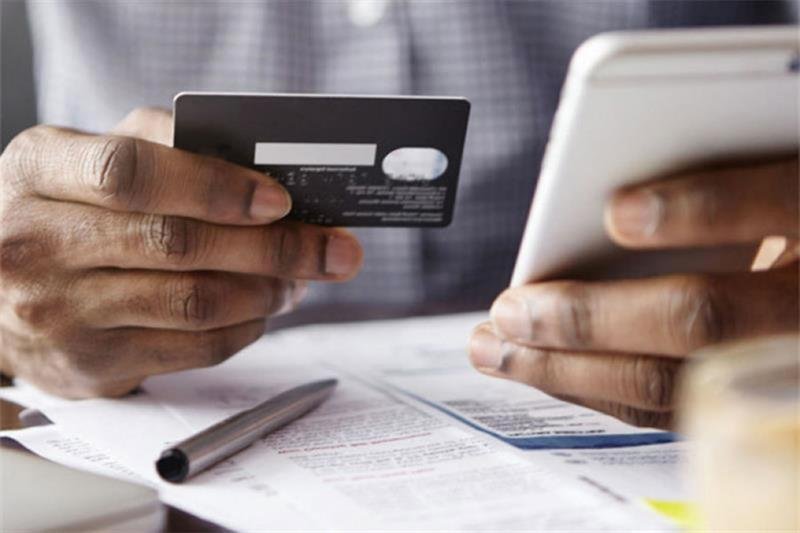
8. Using Local Mobile Apps for Payments
In addition to international credit cards and cash, local mobile payment apps are becoming more common in Egypt, particularly in larger cities like Cairo and Alexandria. Apps such as Fawry, E-pay, and Orange Cash allow users to pay for a variety of services directly from their smartphones. These mobile payment platforms are mostly used for bill payments, mobile recharges, and online shopping. However, in recent years, many small businesses and shops in urban areas are beginning to accept mobile payments for in-person transactions, making it easier for those with a local SIM card to complete payments without needing physical cash. For tourists, however, accessing these services can be a bit challenging unless you have a local bank account or a SIM card registered in Egypt. Most of these apps require a local phone number, and in many cases, users need to link them to Egyptian bank accounts to complete transactions. Although mobile payments aren’t as universally accepted as credit cards or cash, their popularity is increasing, especially among tech-savvy younger Egyptians. For tourists, it's still best to rely on cash or cards, but keep an eye out for these mobile payment options, especially if you're staying in more modern or tourist-friendly establishments where they may become more common.
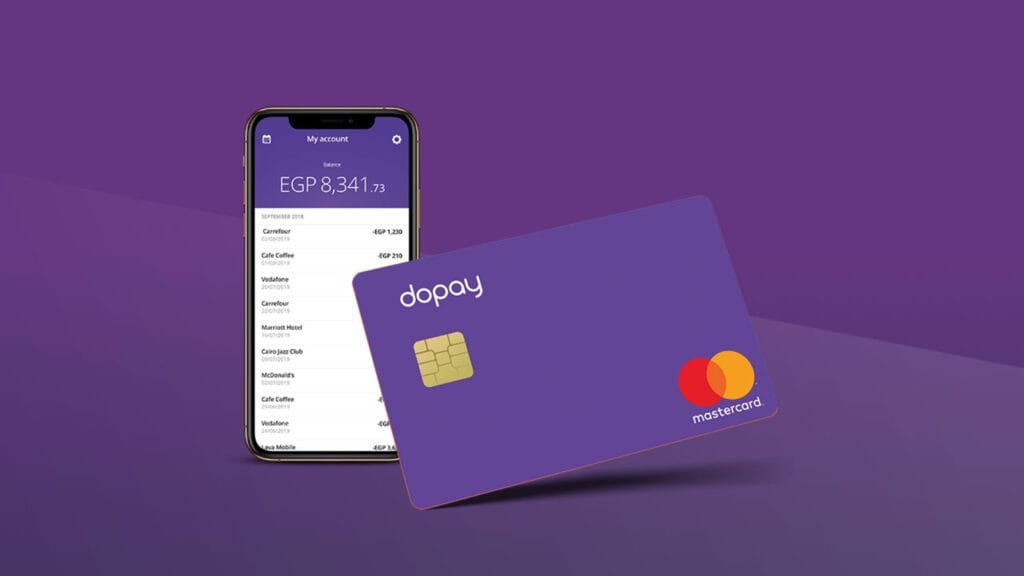
9. Service and Additional Fees
In Egypt, it’s important to be aware that additional fees or service charges may be added to your bill in some situations, particularly in tourist areas. In restaurants, cafes, and hotels, a service charge of around 12-15% is often included in the final bill, but this doesn’t always go directly to the staff. Even if this charge is included, it’s still customary to leave an additional tip for good service. The same goes for taxis, where there may be an additional surcharge for airport pickups or rides during peak hours, such as at night or during holidays. In addition to service charges, some businesses or services may impose extra fees for using credit cards, particularly in places that deal with tourists. It's always a good idea to check the final price on your bill to make sure there are no unexpected charges, especially when using international cards. For tourists visiting Egypt, it’s wise to ask beforehand if any additional service charges or fees will apply to your bill, as this can help you avoid any confusion or surprises when it’s time to pay.


